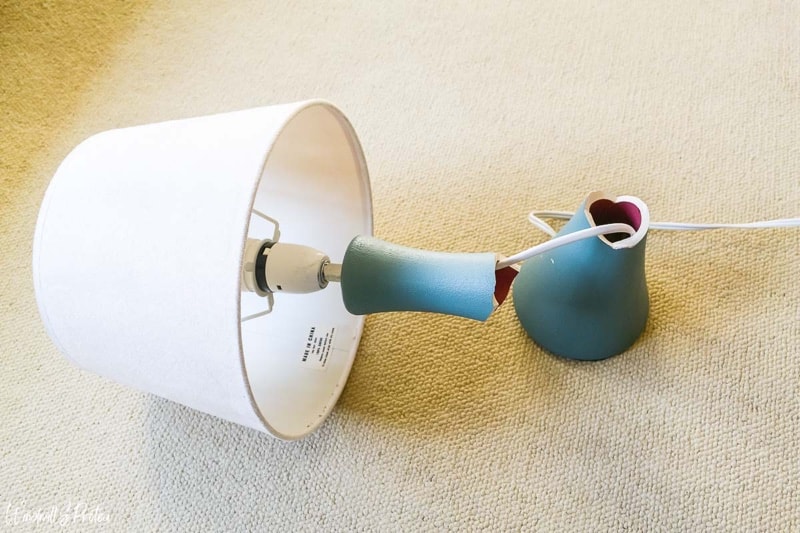car insurance - all you need to know about

What is a comprehensive insurance?
With comprehensive insurance, you can insure yourself against the financial consequences of damage to your own vehicle. It is not compulsory, but about 85 percent of all car drivers have comprehensive insurance.
These are the benefits of fully and partially comprehensive insurance
The partial cover insurance assumes the costs for damages to one's own vehicle. It is precisely defined which damages are insured. These are for example damages caused by
- Collisions with furred game
- glass breakage
- Vehicle theft/attempted burglary
- Theft/damage to accessories
- Hail/storm
- Flooding
- fire
Comprehensive insurance compensates - in addition to the benefits of partial coverage - for further damage to your own car, for example, damage after a self-inflicted accident. It also covers the costs of damage caused by vandalism, such as scratched paint or a dented door.
Deductible in comprehensive insurance
Insurance customers can also agree a deductible in comprehensive insurance. In the event of a claim, the customer then pays part of the costs himself, for example 150 or 300 euros - this also influences the amount of the premium.
The no-claims bonus in comprehensive insurance
If the insurance customer has no accidents or claims over many years, this can reduce the premiums. Insurers refer to this as the no-claims bonus. This means that they grant the customer - depending on the number of claim-free years - a financial discount.
For example, if a novice driver takes out a policy for the first time, he or she will generally pay more premiums for motor vehicle liability and comprehensive insurance than for a policy that has already been accident-free for many years. The influence of a certain no-claims class on the premium varies from insurer to insurer. Also, special classifications of an insurer, for example through a so-called "discount protection", are only taken into account on an individual company basis and cannot be transferred to another insurer.
What are the consequences of drinking and driving for motor vehicle insurance?
Anyone with more than 0.3 per mille of alcohol in their blood is considered relatively unfit to drive. The only exception is for those under 21 years of age and for novice drivers in their probationary period, who are absolutely forbidden to drink alcohol, i.e. 0.0 per mille. However, relative driving incapacity only applies if there are additional indications such as alcohol-typical driving errors, speech difficulties or an impaired gait.
Consequences for motor vehicle liability insurance:
The motor vehicle liability insurance of the alcoholized insurance customer always covers the damage of the traffic victim. The traffic victim does not go away empty-handed even if the driver was driving under the influence of alcohol.
Anyone who causes an accident while under the influence of alcohol can be taken into recourse by their motor vehicle liability insurance, generally up to a limit of 5,000 euros. The recourse limits are regulated in the compulsory motor vehicle insurance ordinance.
Consequences for partial or fully comprehensive insurance:
The comprehensive insurer can already reduce benefits in the event of relative driving incapacity.
By the way: There are providers on the market who waive the objection of gross negligence. However, this does not apply to damage caused under the influence of alcohol or drugs or to theft of the vehicle.














